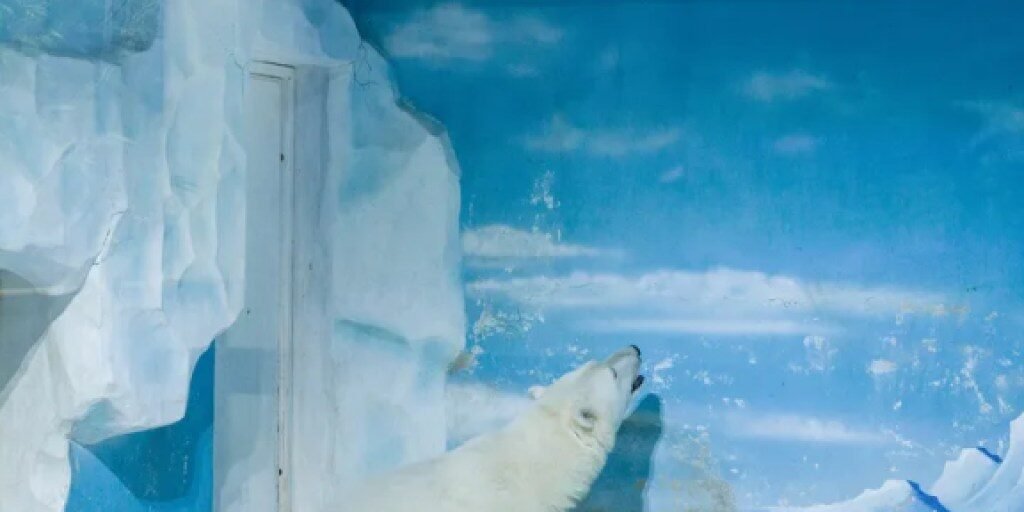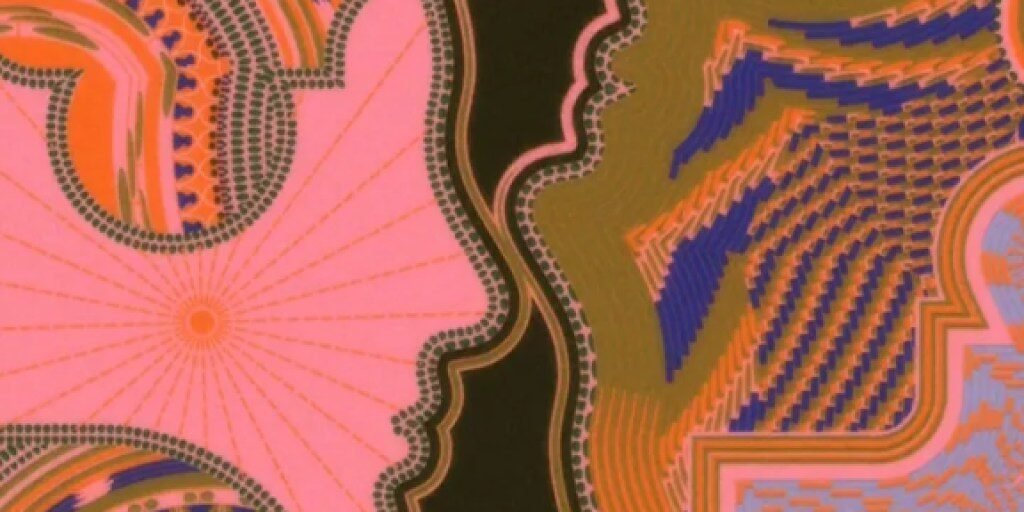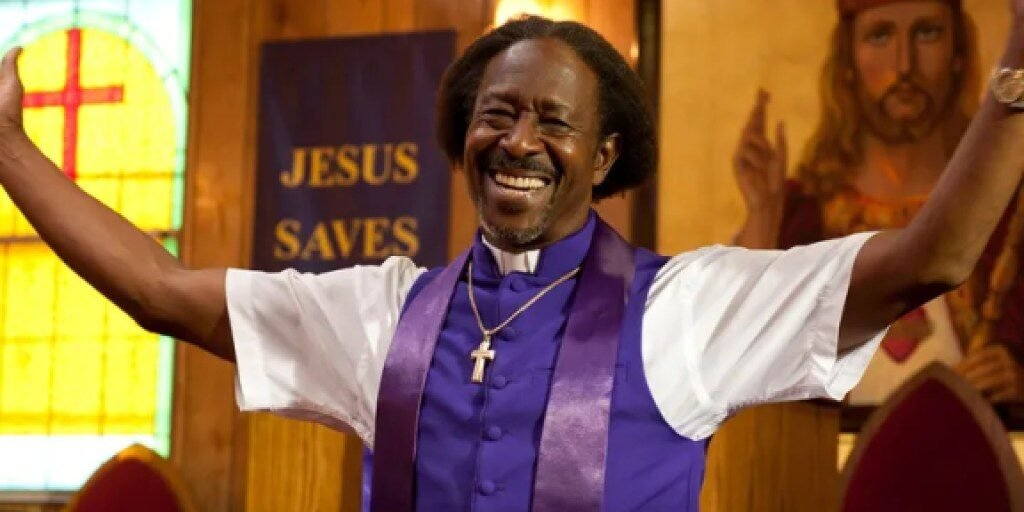World

The Futility of Simulating Nature
In “The Anthropocene of Illusion,” the photographer Zed Nelson captures how the natural world has been reproduced, reshuffled, and repackaged, sold to visitors in the form of spectacle. ...

What It’s Like to Brainstorm with a Bot
Contrary to what many of my friends believe, good academics are always working—at least in the sense that when we’re stuck on a problem, which is most of the...

Our Age of Zombie Culture
It’s not alive, but it’s not dead, either. It consumes a vast amount of resources. It’s mindless: what presents as its will is really a drift toward the mean,...

Richard Brody Picks Three Favorite Clint Eastwood Films
Listen and subscribe: Apple | Spotify | Google | Wherever You ListenSign up for our daily newsletter to get the best of The New Yorker in your inbox.With seven...

Richard Brody’s Summertime Movie Picks
The recent heat wave may be only a memory—but enshrining memories is what movies do, and many of them rely on harsh summer climates as crucial elements of drama....

Nobody Wins on “Surrounded”
A couple of weeks ago, a clip from a YouTube video titled “1 Progressive vs 20 Far-Right Conservatives” started circulating on social media. In it, the British-American journalist Mehdi...

Hollywood’s Conservative Pivot
“King of the Hill,” the animated sitcom that first ran for thirteen Americana-powered seasons between 1997 and 2010, had a deceptively simple premise. The family at its heart collectively...

“Weapons,” “Harvest,” and the Shackles of the Horror Genre
Horror is an accursed genre. Because it promises to deliver a specific sensational effect, its stories are obliged to fit into preordained patterns. Its popularity depends on predictability, and...

A Brooklyn Renter’s Odyssey
Evie Cavallo is a young woman who lives in a shoe. To be specific, she rents a twenty-foot-tall cowboy-boot-shaped building, with an industrial-grade kitchen and deteriorating bistro chairs. She...

“Thirty-Three,” by D. S. Waldman
Could be half my life, I said, could be all of it. Could be a third, Gabby said. Source link


